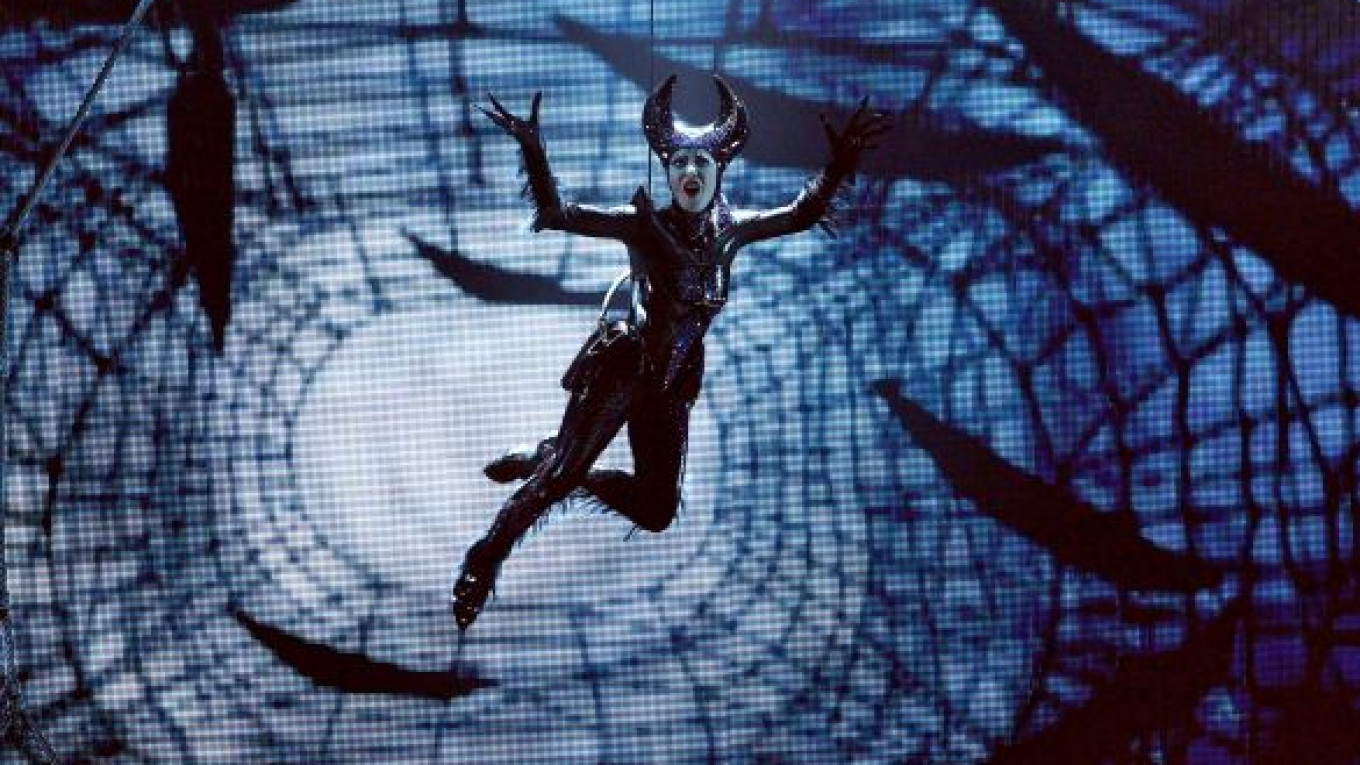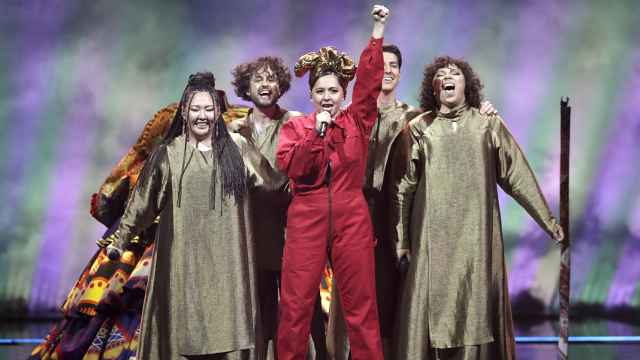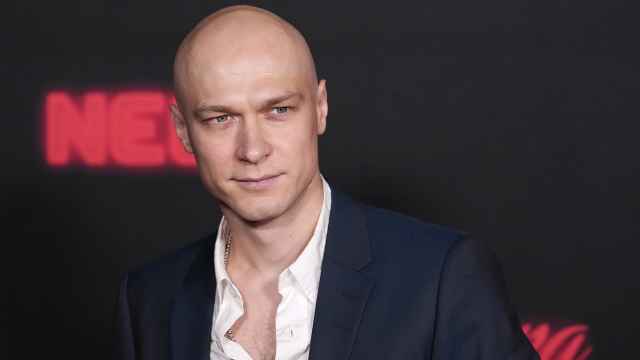Once as highly regarded as cosmonauts, ballerinas and nuclear scientists, Russian circus stars have wowed generations.
But the lure of high-wire acts, slapstick clowns, lion tamers, dancing elephants and exotic beasts for modern audiences is being eclipsed by the trend-setting innovations of the Cirque du Soleil.
Behind the scenes at Moscow's Nikulin Circus, spinning acrobats and a juggler on a unicycle practice amid a cacophony of music and raised voices. A big gray elephant calmly awaits a turn in the ring. The stench of the menagerie is overpowering.
"It's getting harder to impress people," complained Yulia Silantyeva, a big cat trainer, who comes from a large family of big top performers. "It [the Russian circus] is losing its strong standing."
Under the Soviet Union, Russian circuses held a stature on par with the country's globally renowned opera and ballet, touring internationally and boasting of visits from the Russian elite, including Soviet leader Leonid Brezhnev, whose daughter ran off with a circus acrobat at 22.
"Brezhnev was the country's last leader to visit the circus. … This is not the attitude the circus deserves," said circus manager Maxim Nikulin, who followed in the footsteps of his father, Yury, a beloved and world-renowned clown and actor whose portrait graces a Russian stamp.
As prestige has faded and state support dried up, the best performers have moved abroad, in a run on talent akin to the so-called brain drain of scientists and engineers who have also deserted mother Russia.
Many performers have defected to the Montreal-based Cirque du Soleil — the new gold standard in acrobatic arts.
Russians now make up about 35 percent of the Cirque du Soleil's 1,200-person crew of artists. Talent from other post-Soviet states also makes up much of its troupe.
Russian acrobat Ruslan Yakimolin, dressed in a unitard during a rehearsal for one of the Cirque's shows, trained at the Moscow Circus but said he had not a moment's hesitation when the Cirque invited him to move to Canada two years ago.
"It was always my dream to join the Cirque du Soleil, they invited me and now I'm here," Yakimolin said, catching his breath following a series of daring somersaults.
The 27-year-old Cirque du Soleil came to Moscow with its first show just three years ago, but already Russia is its fastest-growing market.
The mega circus is just over a week away from launching its most expensive production ever, a $57 million extravaganza entitled Zarkana, at Moscow's Kremlin Palace.
Zarkana will command the space for more than three months — much longer than most typical theater and dance shows.
"We have had four shows in Moscow in 27 months, that's the quickest expansion of Cirque du Soleil anywhere in the world in the last 10 years," Craig Cohon, co-founder of Cirque du Soleil in Russia, told a news conference last week.
"There is a huge opportunity here," he said.
The outfit, founded by former circus performer-turned-billionaire and space tourist Guy Laliberte, is expected to decide in April whether to open a permanent show in Moscow.
But Cohon rejects suggestions that Cirque du Soleil is stealing viewers away from the traditional Russian circus — not least because tickets to its show are four times as costly as Nikulin's performances, whose cheapest tickets go for $13.
"It's a completely different type of entertainment," he said.
A Message from The Moscow Times:
Dear readers,
We are facing unprecedented challenges. Russia's Prosecutor General's Office has designated The Moscow Times as an "undesirable" organization, criminalizing our work and putting our staff at risk of prosecution. This follows our earlier unjust labeling as a "foreign agent."
These actions are direct attempts to silence independent journalism in Russia. The authorities claim our work "discredits the decisions of the Russian leadership." We see things differently: we strive to provide accurate, unbiased reporting on Russia.
We, the journalists of The Moscow Times, refuse to be silenced. But to continue our work, we need your help.
Your support, no matter how small, makes a world of difference. If you can, please support us monthly starting from just $2. It's quick to set up, and every contribution makes a significant impact.
By supporting The Moscow Times, you're defending open, independent journalism in the face of repression. Thank you for standing with us.
Remind me later.






